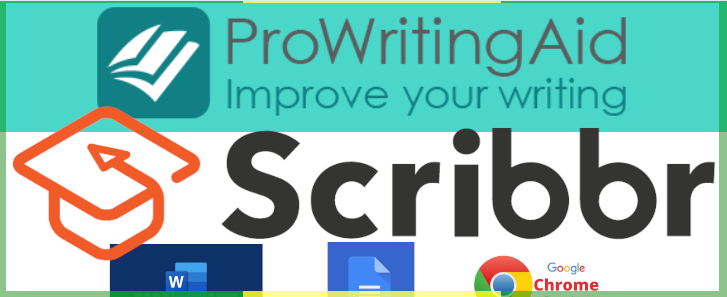Learning Tools – Self-Improvement on Writing Skills
Many universities have several standards established to uphold the quality of academic writings and publications. In this article, I shall attempt to enlist a few tools that may be useful in smoothening the writing experience on educational documents and publications. I shall list the tools in relation to their applications throughout the writing process.
1. Scribbr.com – Guidance on Styling and Formatting of manuscripts!
Scribbr is a tool aimed at improving the quality of academic writing. It offers extensive documentation on styles and guidelines for formatting manuscripts in research and academic writing. To learn more about MLA standards for writing papers, you can visit https://www.scribbr.com/category/mla/ and to learn more about APA style, visit https://www.scribbr.com/category/apa-style/.
Scribbr also offers automated help in following MLA or APA styling. This automated approach can be very informative and helpful. It is easier to see in action how can compile contents, references, and citations and use them in a paper. Visit their citation generator at https://www.scribbr.com/citation/generator/ to experience this.
Scribbr also offers a comprehensive YouTube channel with a step-by-step tour into different aspects of research and academic writing. For more information, please visit https://www.youtube.com/@Scribbr-us. For MLA citation guides, please visit https://www.youtube.com/playlist?list=PLjBMY3HggCpDtWzAv7NLXUi_X8Y6DFQAe.
2. ProWritingAid.com – Grammar, spelling, punctuation, and writing style checker!
English can be a daunting language, especially when it is not a mother tongue. There are many writing tools that can help us become better writers. The most famous tools include Grammarly which helps with academic writing and spelling checking. QuillBot is very good at paraphrasing, and Sapling also makes use of AI tools in checking spelling and grammar. We can use these tools with one another to improve the quality of written articles.
This article shall focus on ProWritingAid, which offers a more free hands-on approach to writing. Among the features offered by ProWritingAid include grammar checking, style improvement, vocabulary enhancers and gives a more detailed overview on areas of attention in your documents.
ProWritingAid also comes with integration support for Microsoft word, Google docs, Google Chrome browser, and other applications. These allow real-time suggestions and recommendations on needed improvements in your document.
The above tools are the basic startup tools towards improvement on writing experience. In future articles we shall explore other tools for academic such as plagiarism checking, citations, reading sources, useful networks of resources and other interesting and nice to know resources. Until then, stay tuned.
John Francis Mukulu, SJ.
